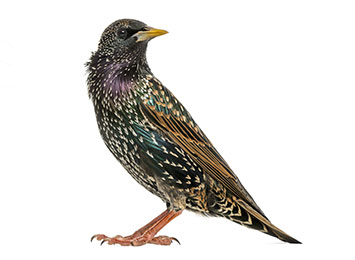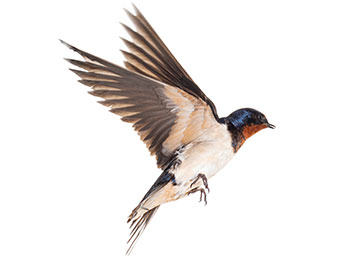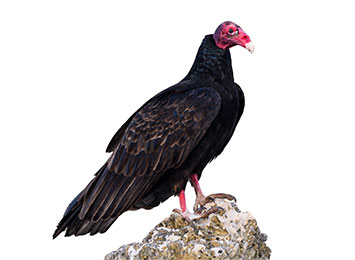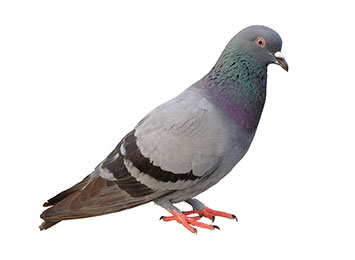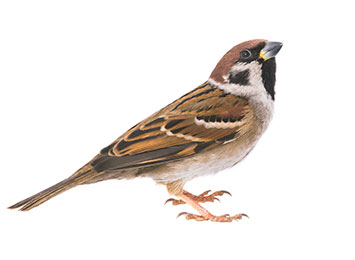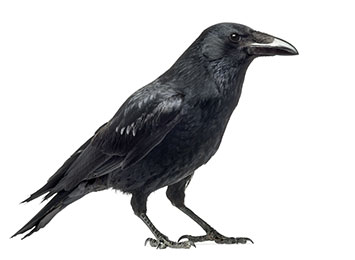Nuisance birds can quickly become problematic for New York area homes and businesses. They are noisy, dirty and carry numerous parasites and diseases. Nesting birds can clog drain spouts or gutters and cause structural damage. To help you identify the types of birds infesting your property and the potential risks they carry, we’ve put together this short guide.
Approaching wild birds and removing nests is hazardous work that is often best left to the professionals. If the basic techniques outlined below fail to reduce your bird problem, call the experts at Assured Environments. We offer a variety of bird control services as well as bird removal for when things get out of hand. Read more here about Assured’s bird management techniques.


